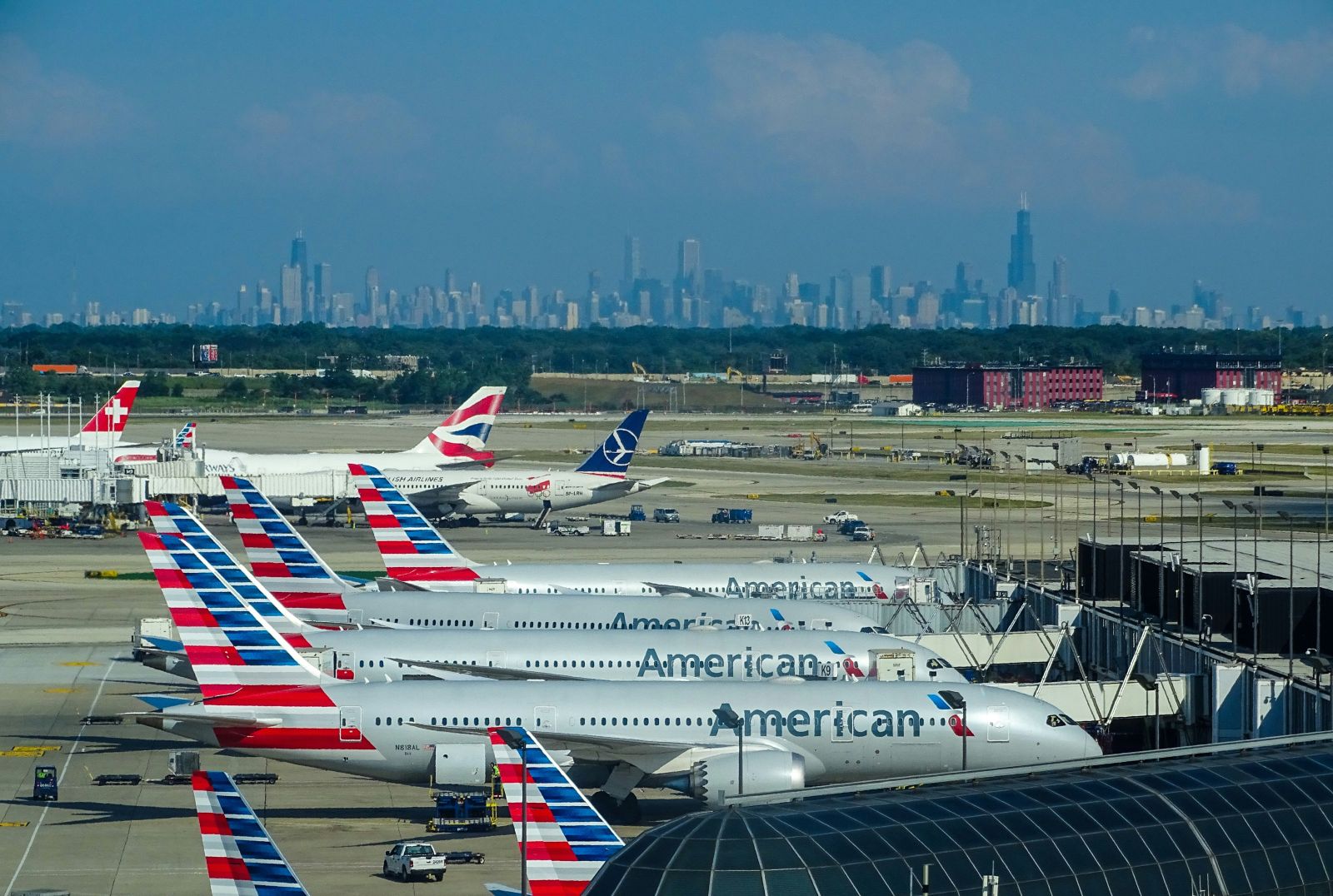
Hertz Global Holdings (HTZ) trades more than 3% higher in Tuesday morning trading. Up 33% over the past five days, it appears deep value investors are fishing for their next big score.
The car rental company caught my attention because it entered Barchart’s Bottom 100 Stocks to Buy Monday in the 72nd position. With a weighted alpha of -72.34 compared to a 52-week change of -78.91%, the five-day run suggests it might have hit a bottom.
The company filed for Chapter 11 bankruptcy protection in May 2020. It emerged from Chapter 11 in October 2021. With a market cap of slightly more than $1 billion, its net debt is more than 18 times this amount.
Hertz’s leverage is again out of control, bringing the possibility of Chapter 11 proceedings into play less than three years after emerging from bankruptcy.
From where I sit, it looks ready for the trash can, but the past week’s trading suggests some folks feel otherwise.
Is HTZ a value play or ready to revisit Chapter 11? Here are my thoughts on both.
It’s So Ready for Chapter 11
According to S&P Global Marketplace, Hertz’s Altman Z-score has declined over the past four quarters from 0.89 in Q3 2023 to 0.11 as of Q2 2024.
The Altman Z-score predicts a company's likelihood of going bankrupt within the next 24 months. The calculation was developed by finance professor Edward Altman in 1968 and involves numbers in the income statement and balance sheet. You can find the calculation here.
The Altman Z-score is constantly changing. When profits are higher, the score will move higher. When they don’t exist, as is the case with Hertz—in Q2 2024, it lost $865 million on a GAAP basis; it lost $440 million adjusting for one-time items—it gets worse quarter by quarter.
Any Altman Z-score less than 1.81 (the company’s is less than one-tenth of the minimum criteria) suggests a likelihood of bankruptcy in the next two years.
Google the words “Hertz bankruptcy filing 2024,” and you will get plenty of results.
On Sept. 10, the 3rd U.S. Circuit Court of Appeals ruled that the company must pay bondholders $270 million in interest from its previous bankruptcy proceedings. Although the bondholders received $2.7 billion from the Chapter 11 proceedings, they should have received another $270 million. This ruling refers to “make whole” payments calculated as if the company's bonds had been repaid in 2021 without the company filing for bankruptcy protection.
“It would be profoundly unfair to scrimp on the [bondholders’] interest when the junior stockholders already received a billion-dollar distribution,” Circuit Judge Thomas Ambro wrote for the 2-1 majority, Reuters reported.
It has nearly $900 million in annualized interest payments and just $573 million in cash as of June 30, down from $2.26 billion at the end of 2021.
It’s hanging on by a thread.
The Value Play
In March, former CEO Stephen Scherr stepped down from the job he'd held since February 2022. Scherr, who jumped into the top job after three decades at Goldman Sachs (GS), doubled down on the EV bet Hertz made after emerging from bankruptcy.
By January 2024, Scherr was forced to sell off a third of its EVs because of poor demand and expensive repairs. Two months later, he was replaced by Gil West, the former COO of General Motors (GM) Cruise robotaxi business. Before that, he was COO for Delta Air Lines (DAL).
Delta CEO Ed Bastian, one of the best CEOs in the airline industry, had good things to say about West.
“Gil is a fantastic operator. We worked side-by-side for a dozen years,” Bastian said in an interview with Fortune in March. “He’s an innovator, he loves technology, he’s meticulous, he’s curious and he loves a challenge — all great attributes.”
West has since brought in several of his former Delta colleagues to work on the company’s turnaround plan. One of the Delta people, Greg May, is now in charge of fleet management for Hertz, which has struggled in the past with buying and selling vehicles.
“May will have a key role overseeing the buying and selling of rental cars, which is where the company has historically wound up in trouble. He has experience managing aircraft fleets and will now have to work with Hertz veterans in the new and used-car markets,” Bloomberg reported in July.
Barron’s reported comments from Deutsche Bank analyst Chris Woronka that argued it will take the company time to breakeven on a free cash flow basis, which is at least $500 million EBITDA. In the 12 months ended June 30, it was -$577 million.
Hertz managed to secure $1 billion in debt in June. That should give it a little wiggle room while it continues to reconfigure its car fleet away from electric.
I’ve never been a massive fan of rental car businesses because they require an incredible amount of capital to maintain a fleet of vehicles.
However, analysts tend to agree that the demand for rental cars remains healthy, so if West and his executives can figure out how to deliver profits, not losses, over the next year, it portends good times ahead for HTZ stock.
The Bottom Line on Hertz
I wouldn’t characterize Hertz as a value play but rather a contrarian one.
The March 21/2025 $5 call looks attractive if you are an aggressive investor.
With a $0.50 ask (10% down payment), you can double your money with a $1.24 (35%) move over the next six months. In the worst-case scenario, you’re out $50 at expiry next March.
That said, I would not touch Hertz with a 10-foot pole.
On the date of publication, Will Ashworth did not have (either directly or indirectly) positions in any of the securities mentioned in this article. All information and data in this article is solely for informational purposes. For more information please view the Barchart Disclosure Policy here.







